Choosing a college is one of the biggest decisions you’ll make in your life. College has a huge impact on you financially, emotionally, socially and academically–and can have a large effect on your future job prospects and earnings.
But no college is right for everyone, and everyone has different ideas about what makes a college best for them.
To make it easier for African-Americans to find colleges that fit their needs and preferences, MONEY collaborated with Essence magazine to analyze more than 1,500 four-year colleges to determine which ones offer the best value for African-American students.
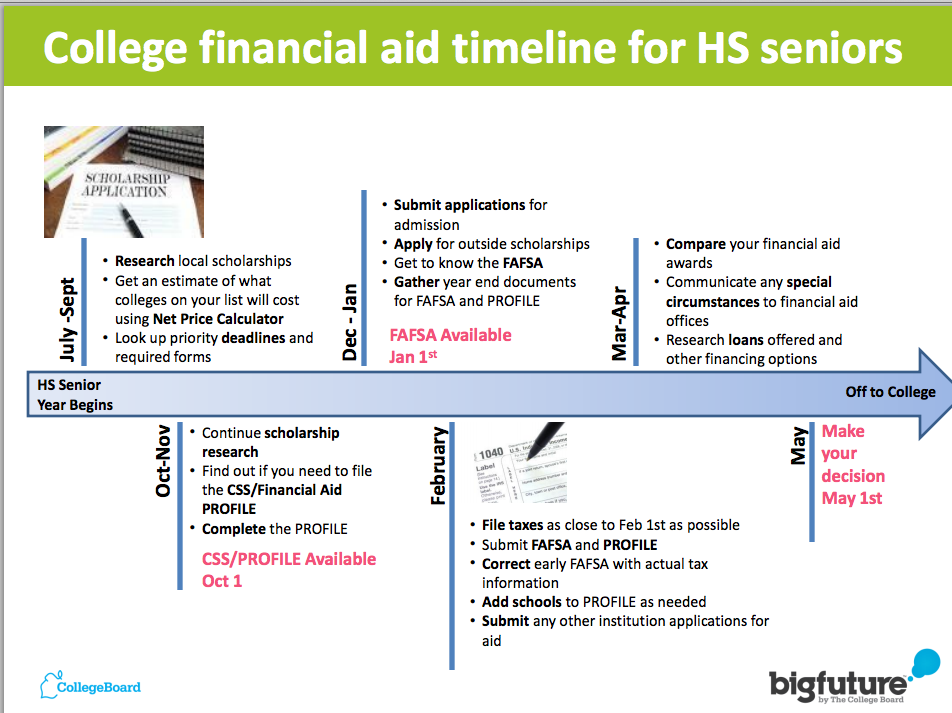
Many college-bound students and parents ask us what they should be doing throughout the year to get ready for applying for college and financial aid.
This handy timeline from The College Board shows exactly what steps students and families should be taking from the summer before senior year to May 1 of senior year, the deadline for students to decide whether to attend most colleges.
During high school, a good counselor can make all the difference in helping a student apply to college, particular if the student is low-income or is the first person in their family to go to college. But recent studies have shown that there’s a huge shortage in the number of high school counselors needed to adequately […]
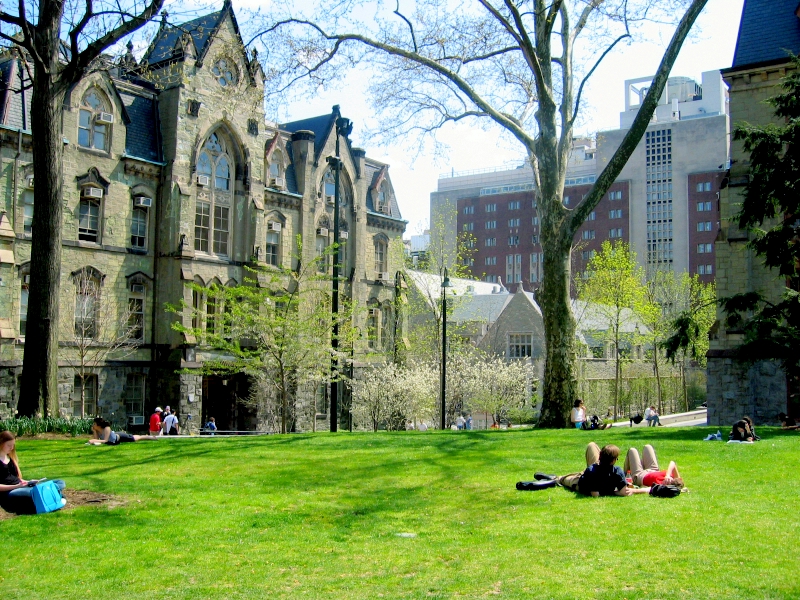
While we’ve touted community colleges and public colleges as a way to make college more affordable, private colleges definitely have their benefits–especially those with large endowments, which tend to be most generous with financial aid.
College Factual recently released their list of the top 10 best private colleges in the U.S., based on factors including student body caliber, educational resources, level of degree completion, and post-graduate earnings.
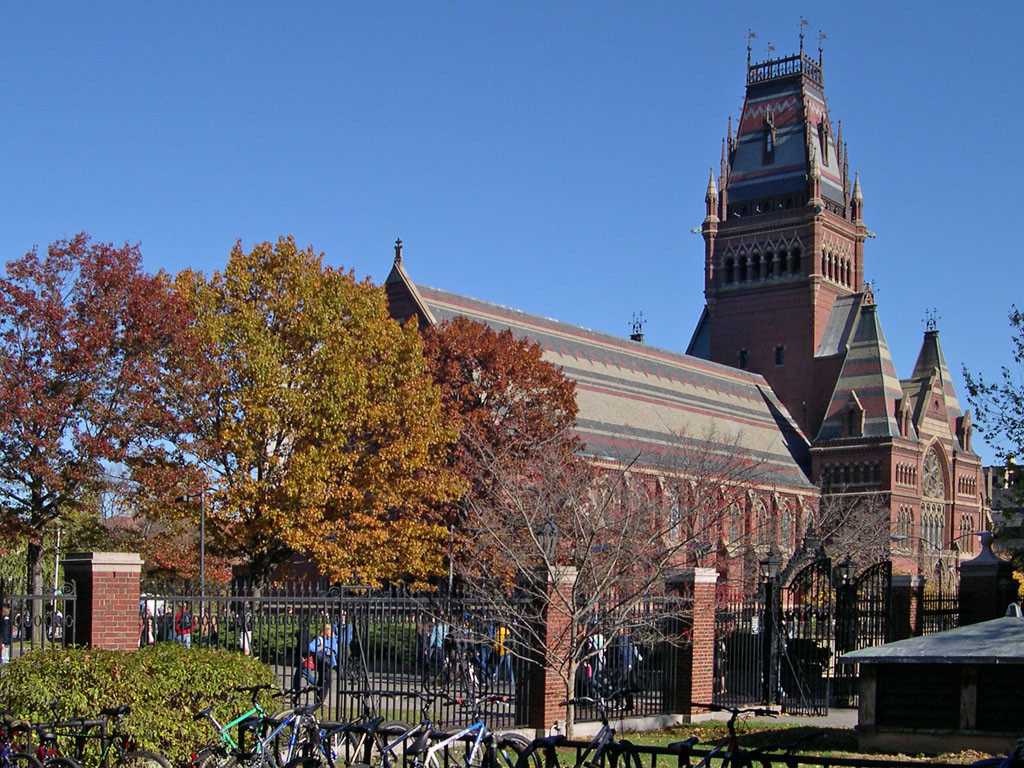
Applying to and getting into college puts enormous pressure on students and families. Many students believe they need to get into the “best” (highest-ranked) college possible in order to have a chance at getting a good job after college.
Particularly among the wealthy, there’s often competition between parents as their children apply to the same prestigious colleges, Robert Reich writes in a recent piece for Slate.
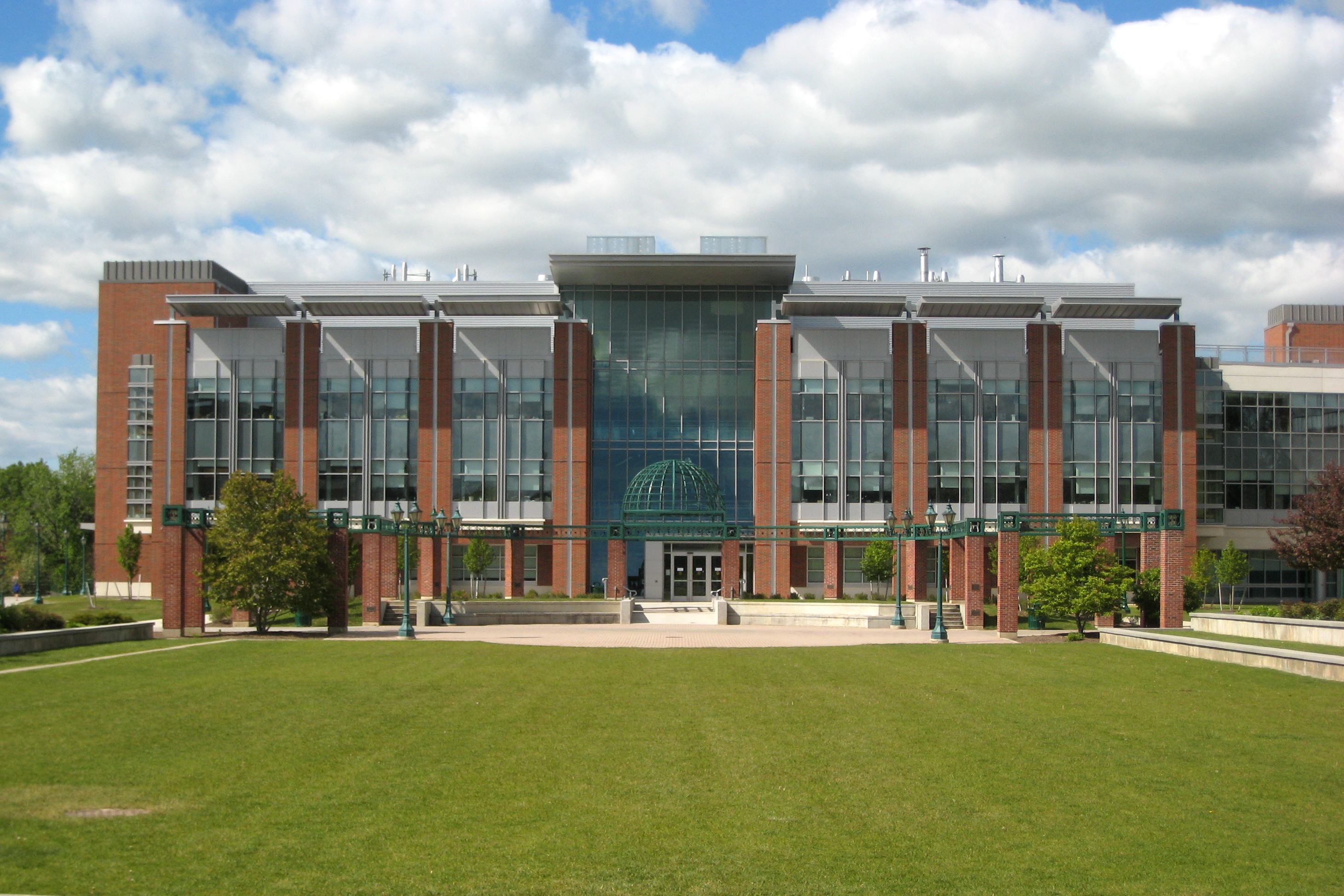
There’s been another win for the affordable State University of New York (SUNY) system.
A recent study by The Business Journals analyzed the quality of 484 public colleges in America, and several SUNY colleges ranked among the best.

With some private college prices topping $60,000 per year, it’s no wonder that more students are considering lower-cost public colleges as an alternative.
According to US News & World Report, the average cost of attending an in-state public school is $8,500 per year, compared to the average annual private school cost of $30,500 — a difference of $22,000 a year.
But choosing a public college doesn’t have to mean sacrificing quality. Many public colleges are just as competitive as private colleges–at a significantly lower price point.
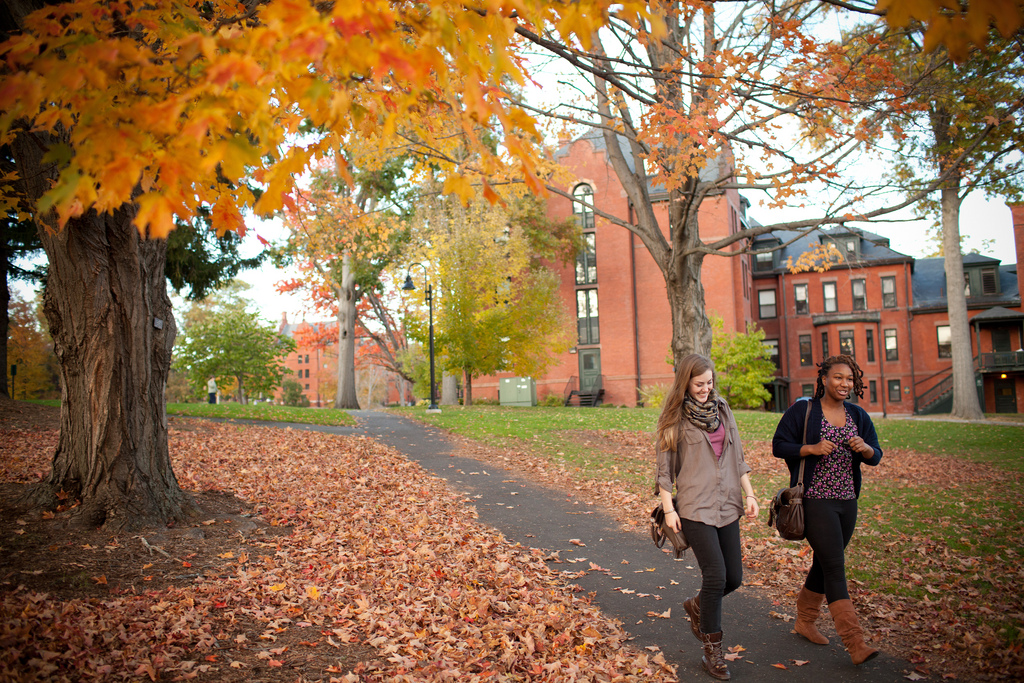
If you’re a high school senior, fall can be a busy time.
Between gathering teachers’ recommendations, writing essays, and trying to boost your SAT/ACT score and G.P.A. one last time, the college application process can leave many students overwhelmed.
How should you choose a college?
Do colleges follow prospective students on social media?
How does social media affect college admissions?
In the podcast below, productivity expert Erik Fisher speaks with Higher Scores Test Prep and answers these questions and more.
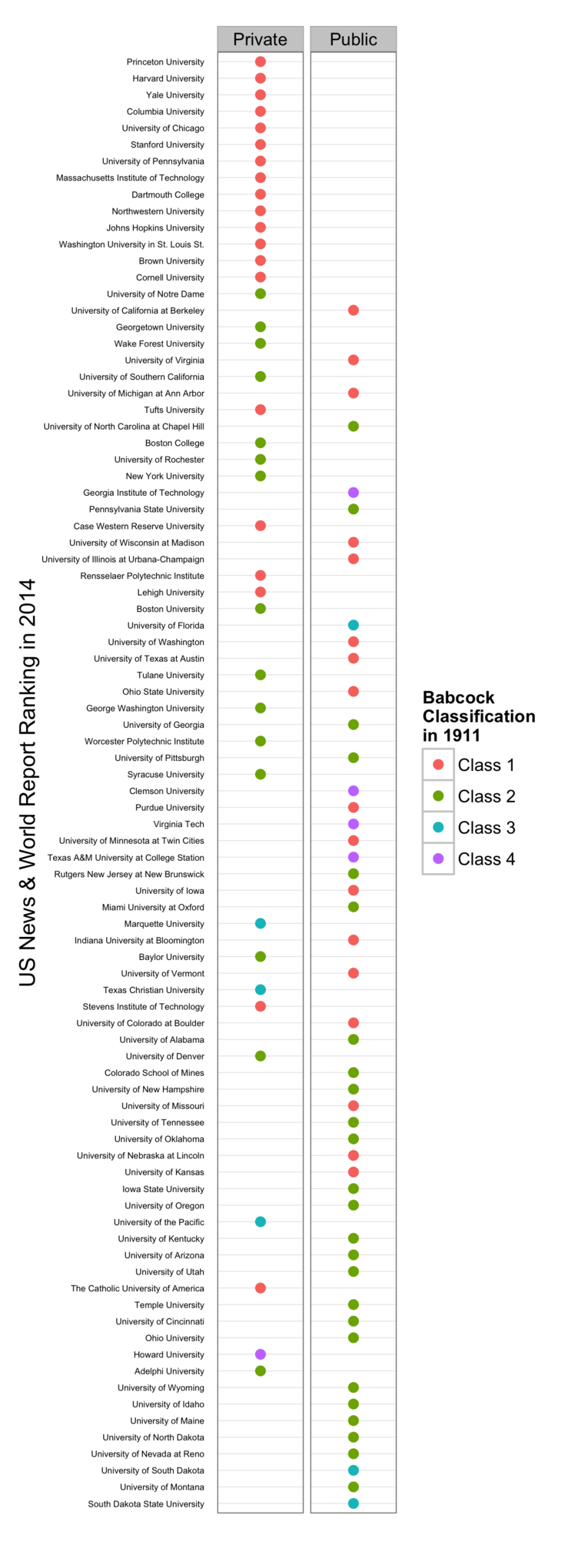
Every year, U.S. News & World report famously releases a list of America’s Best Colleges. While many other publications create their own lists, the U.S. News rankings are taken the most seriously by parents and prospective college students. The list is so revered that colleges even attempt to game their admissions policies to appear more […]